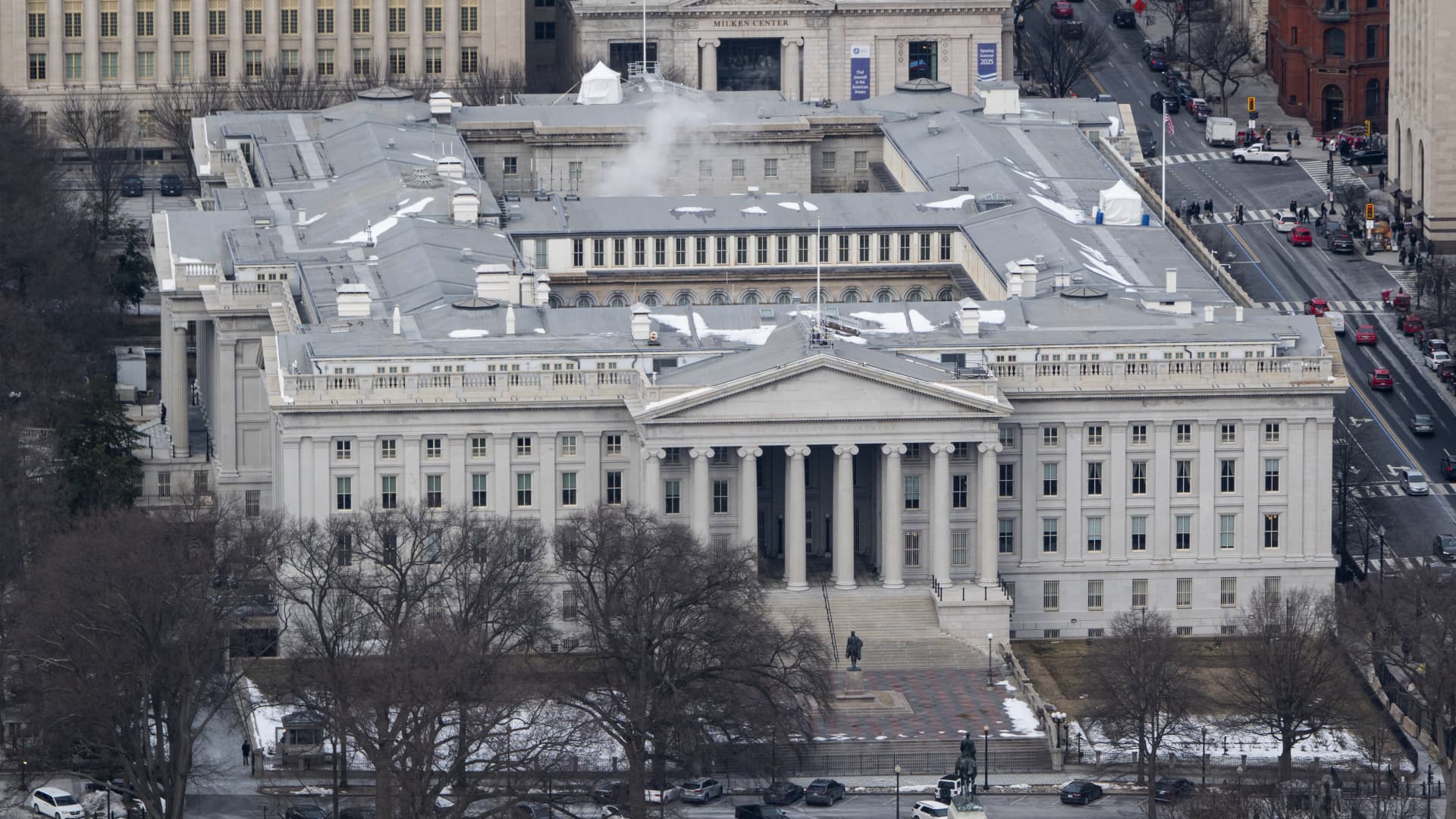The U.S. debt and deficit situation worsened during President Donald Trump’s first month in office, with February’s budget shortfall surpassing $1 trillion despite the fiscal year being less than halfway through. According to a Treasury Department statement, government spending slightly decreased on a monthly basis but still significantly outpaced revenue. The deficit for the month totaled just over $307 billion, nearly 2½ times what it was in January and 3.7% higher than February 2024.
For the fiscal year, the deficit reached $1.15 trillion through the first five months of 2025, approximately $318 billion more than the same period in 2024, marking a 38% increase and setting a record for the period. Net costs to finance the $36.2 trillion national debt slightly decreased to $74 billion for the month. However, total net interest payments year-to-date rose to $396 billion, ranking behind national defense and health. Social Security and Medicare remain the largest expenses in the U.S. budget.
The deficit expanded during the final three years of former President Joe Biden’s term, growing from $1.38 trillion to $1.83 trillion. Trump has prioritized addressing the government’s fiscal issues since taking office, establishing the Department of Government Efficiency, led by Elon Musk. This advisory board has initiated job cuts across multiple departments and offered early retirement incentives. A Treasury spokesman noted no immediate impacts from these efforts but referred further comment to the Musk-led panel.
Trump also seeks to extend the Tax Cuts and Jobs Act from his first administration. While he claims the tax reductions will spur growth, multiple think tanks estimate renewing the act would add $3.3 trillion to the deficit over the next decade.
— news from CNBC
